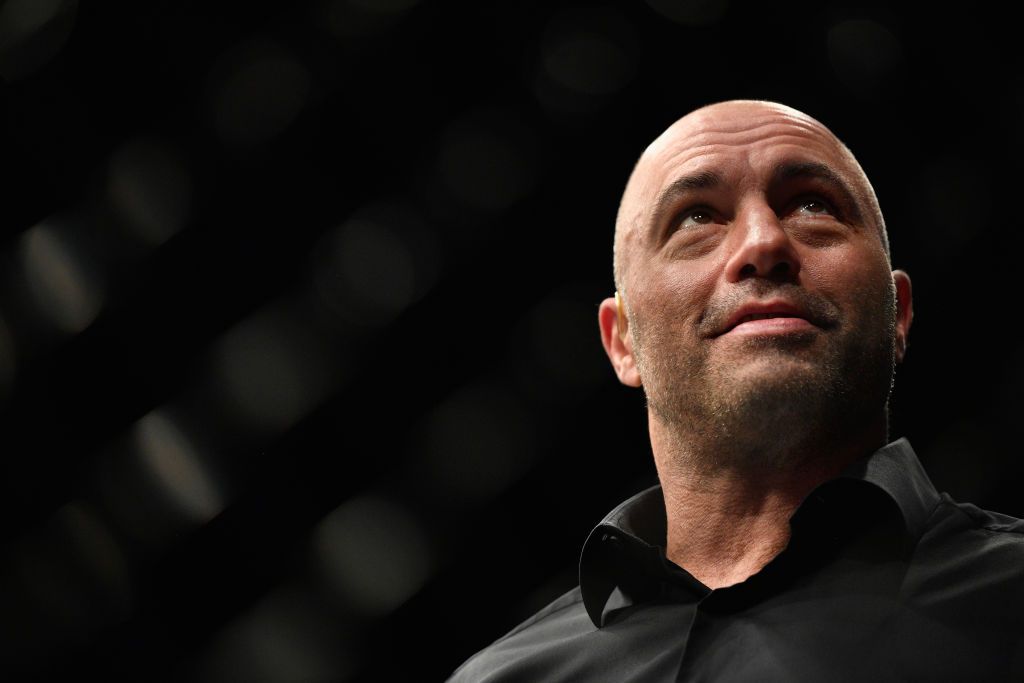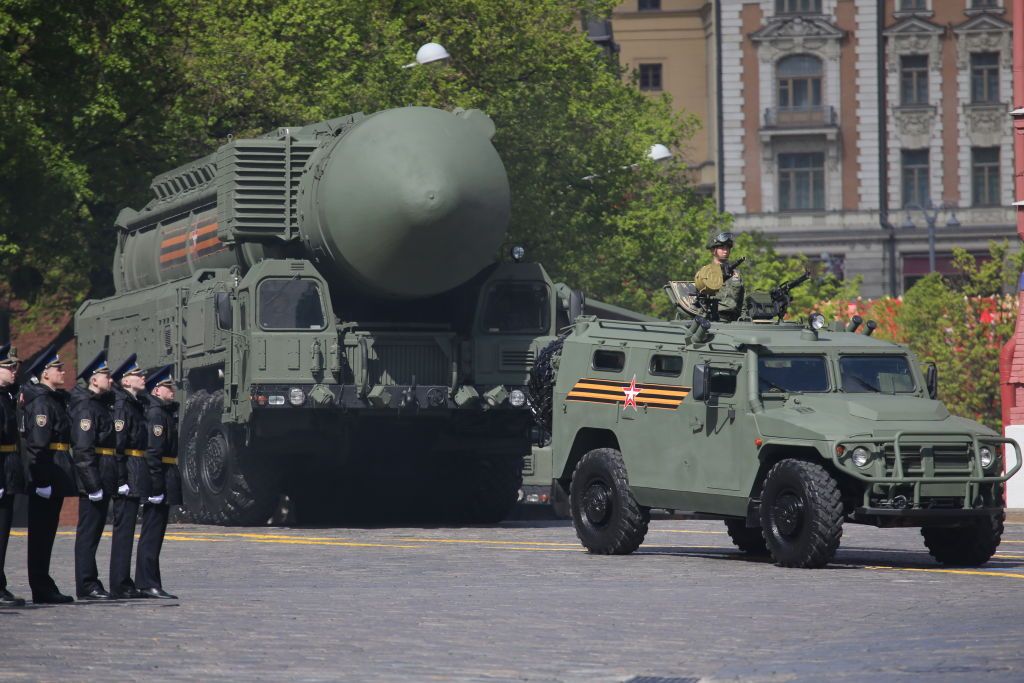Georgescu’s rise exposes the fragility of Romania’s pro-European consensus
Georgescu’s unexpected surge highlights the growing divide in Romania between nationalist populism and its European future

Romanian presidential candidate Călin Georgescu gives a statement to the media near Bucharest, Romania, on Nov. 26, 2024. (Andrei Pungovschi/Getty Images)
The meteoric rise of hardcore nationalist Călin Georgescu in Romania’s first-round presidential election over the weekend is nothing short of remarkable. Georgescu surged from just a few percentage points in polls weeks before the vote to claim over 23% of the electorate, defeating candidates from the country’s two most established parties.
Romanian Prime Minister Marcel Ciolacu of the Social Democratic Party (PSD) and former Liberal (PNL) Prime Minister Nicolae Ciucă of the National Liberal Party (PNL) finished third and fifth, respectively. Since the fall of Communism in 1989, PSD and PNL candidates have typically dominated second-round runoffs. Georgescu will now face the pro-European Union reform candidate from the USR party, Elena Lasconi, in the Dec. 1 runoff.
Georgescu’s victory is being framed as another win for a politician sympathetic to Russian President Vladimir Putin, following the likes of Viktor Orbán in Hungary, Robert Fico in Slovakia, and the Georgian Dream party in Georgia. Georgescu has openly expressed admiration for Putin, shared panels with Russian nationalist thinker Alexander Dugin, and criticized Western and NATO policies toward Ukraine and the region. While there are elements of pro-Russian, anti-Western rhetoric in his campaign — tapping into widespread war fatigue in Romania and across Europe — there are broader implications to consider.
Georgescu’s victory is being framed as another win for a politician sympathetic to Russian President Vladimir Putin.
Georgescu’s campaign underscores the power of social media in modern elections and the potential risks to democratic integrity. His last-minute, highly effective outreach on TikTok and other platforms connected with a broader, particularly younger, audience. While this can be celebrated for expanding political engagement, concerns remain over campaign financing and the truthfulness of such efforts. Allegations of Russian funding and bot activity — similar to issues raised during Moldova’s recent presidential election — have raised questions about foreign interference and electoral fairness.
Populism thrives in the current global political climate, fueled by concerns over immigration and the lingering effects of the cost-of-living crisis post-COVID. Georgescu’s campaign, like MAGA in the U.S., resonates with disenchanted voters who feel ignored by establishment parties. His messaging combines nationalism with a dose of xenophobia, appealing to socially conservative and economically strained constituencies.
Georgescu's campaign resonates with disenchanted voters who feel ignored by establishment parties.
Georgescu’s rise reflects a broader trend of incumbent parties losing ground globally, from U.S. President Joe Biden and the Democrats in the U.S. to the African National Congress (ANC) in South Africa, and Recep Tayyip Erdogan’s Justice and Development Party (AKP) in Turkey to Narendra Modi’s Bharatiya Janata Party (BJP) in India. In Romania, the PSD and PNL are facing unprecedented challenges, mirroring the struggles of governing parties in other democracies.
Liberal politicians in Western democracies may be overestimating public support for progressive reforms. In socially conservative countries like Romania, campaigns emphasizing “traditional values” often gain traction by opposing liberal policies, particularly those related to LGBTQ+ rights. Putin and similar figures exploit this divide, presenting themselves as defenders of tradition while masking autocratic and kleptocratic practices. In Romania, many rural voters perceive the EU as both a source of funding and a purveyor of socially liberal policies that conflict with their values.
Despite Georgescu’s first-round success, all is not lost for pro-EU forces in Romania.
First, Georgescu secured only 23% of the vote in the first round. Even if votes from nationalist candidate George Simion are added, his total would still fall short of the 50%-plus-one needed in the runoff. Meanwhile, pro-EU candidates collectively received 58% of the first-round vote. Most parties have endorsed Lasconi, and the PSD leadership is likely to follow, aiming to maintain access to substantial EU structural funds.
Second, Romania is the largest net recipient of EU funding, with over 83 billion euros ($87.4 billion) allocated under the 2021–2027 budget cycle. These funds account for 3-4% of Romania’s GDP annually, covering significant budget deficits. A Georgescu presidency could jeopardize these flows, as seen with Orbán in Hungary. Romanian voters may hesitate to risk economic stability by supporting him.
Third, Romania’s history — its alliance with Nazi Germany during World War II, followed by decades under Soviet control — has left deep scars. While Georgescu appeals to a conservative base, most Romanians remain wary of Russia. Moldova’s recent pro-EU victory in a similar election suggests a comparable outcome is possible in Romania.
And finally, Romania’s parliamentary-presidential system restricts the president’s authority. Without a strong party base, Georgescu is unlikely to dominate parliamentary elections, which will likely result in a fragmented legislature. A pro-EU coalition remains the most viable path to a stable majority, ensuring Romania’s Western orientation endures even if Georgescu wins the presidency.
Stay warm with Ukrainian traditions this winter. Shop our seasonal merch collection.















